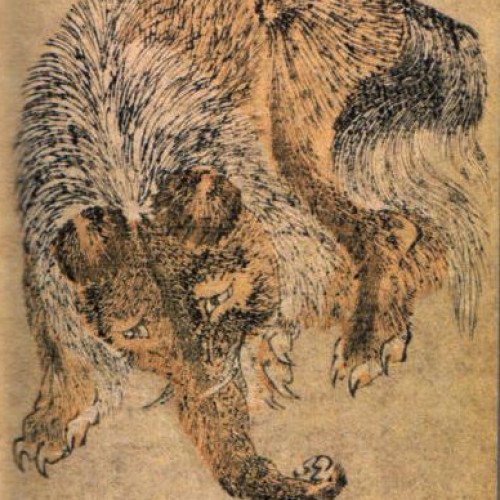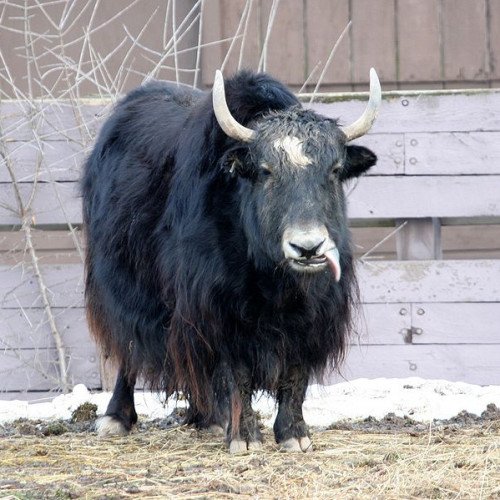Baku (mythology) VS Kui (Chinese mythology)

Baku (mythology)
Baku (獏 or 貘) are Japanese supernatural beings that are said to devour nightmares. According to legend, they were created by the spare pieces that were left over when the gods finished creating all other animals. They have a long history in Japanese folklore and art, and more recently have appeared in manga and anime. The Japanese term baku has two current meanings, referring to both the traditional dream-devouring creature and to the Malayan tapir. In recent years, there have been changes in how the baku is depicted.
Statistics for this Xoptio

Kui (Chinese mythology)
Kui (Chinese: 夔; pinyin: kuí; Wade–Giles: k'uei) is a polysemous figure in ancient Chinese mythology. Classic texts use this name for the legendary musician Kui who invented music and dancing; for the one-legged mountain demon or rain-god Kui variously said to resemble a Chinese dragon, a drum, or a monkey with a human face; and for the Kuiniu wild yak or buffalo.